Podcast
The CERN Sparks! Podcast - Series 1 - Future Intelligence
Can artificial intelligence be curious? Can it be creative? Can we create it to be ethical and push past the limits that exist today to imagine a world made better with AI in it? At CERN, machine learning already plays a pivotal role in the quest for advancing human knowledge through particle physics – from detector design to data acquisition and analysis. But can AI one day take over the role of scientists? Join hosts Abha and Mark on the Sparks! podcast as they journey through a series of conversations with leading minds shaping the realm of Future Intelligence.
